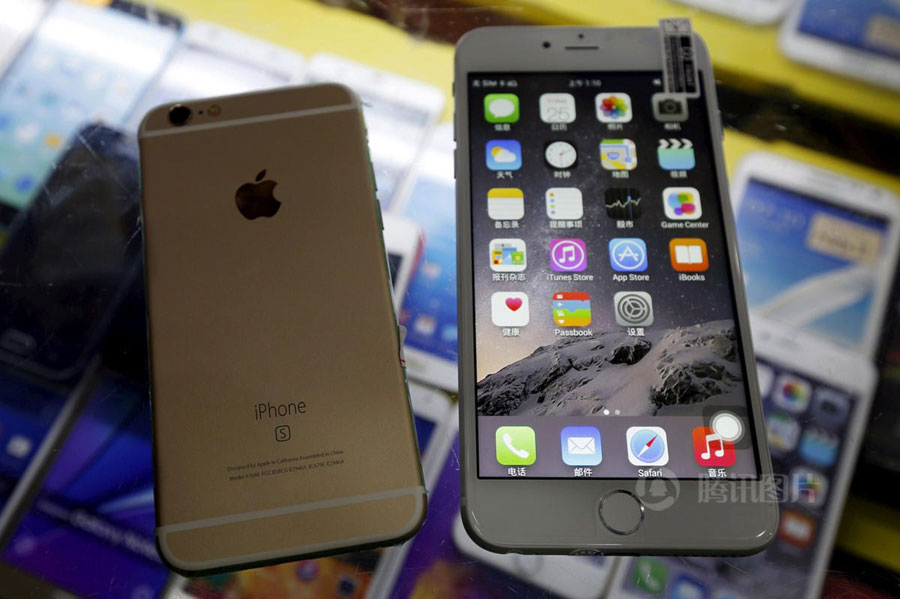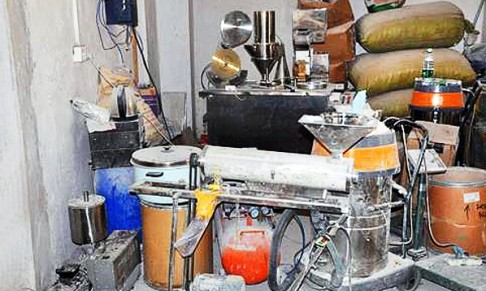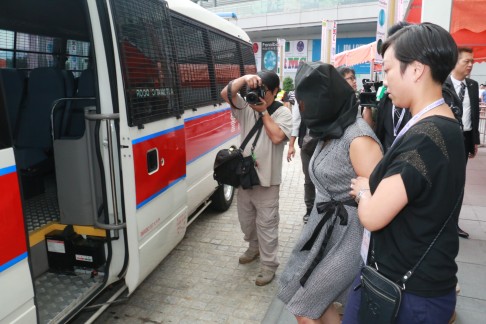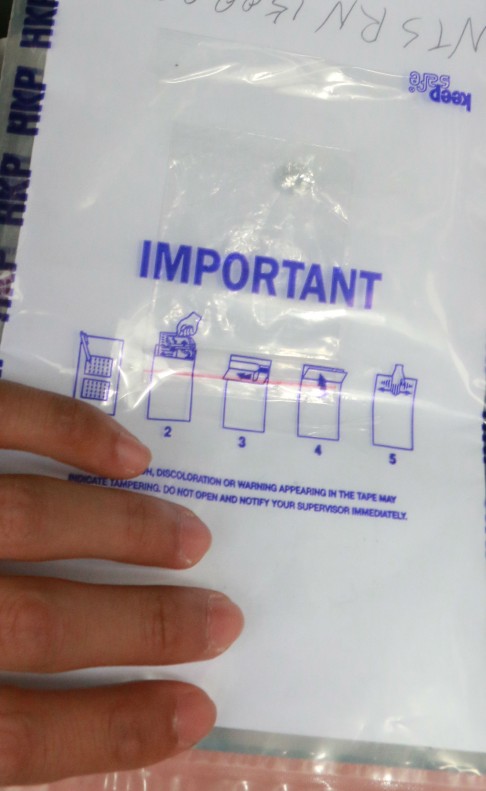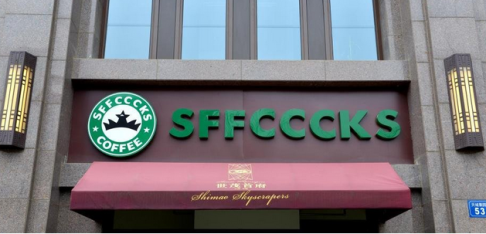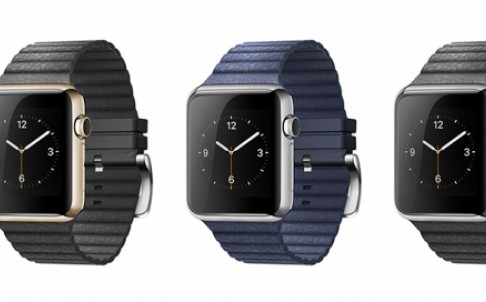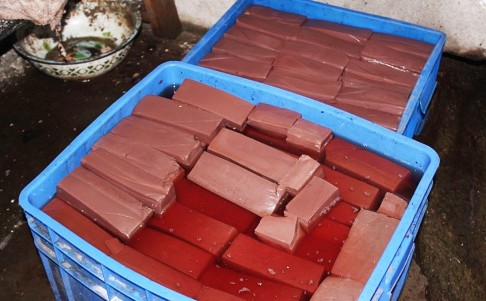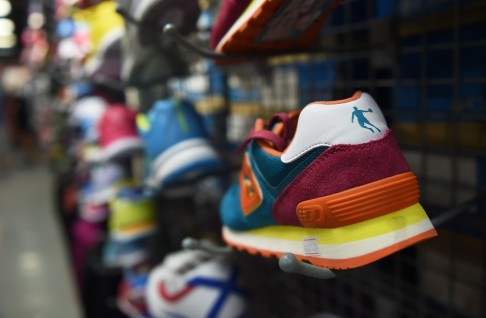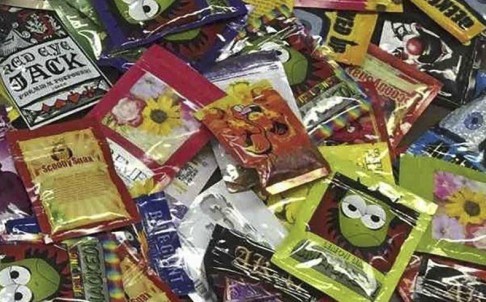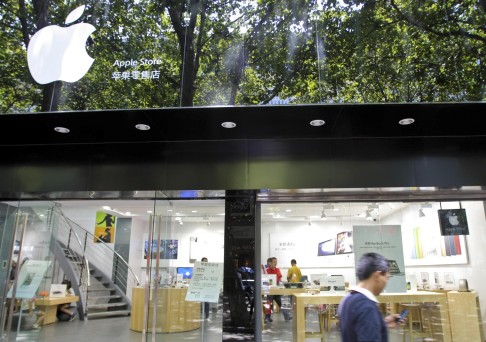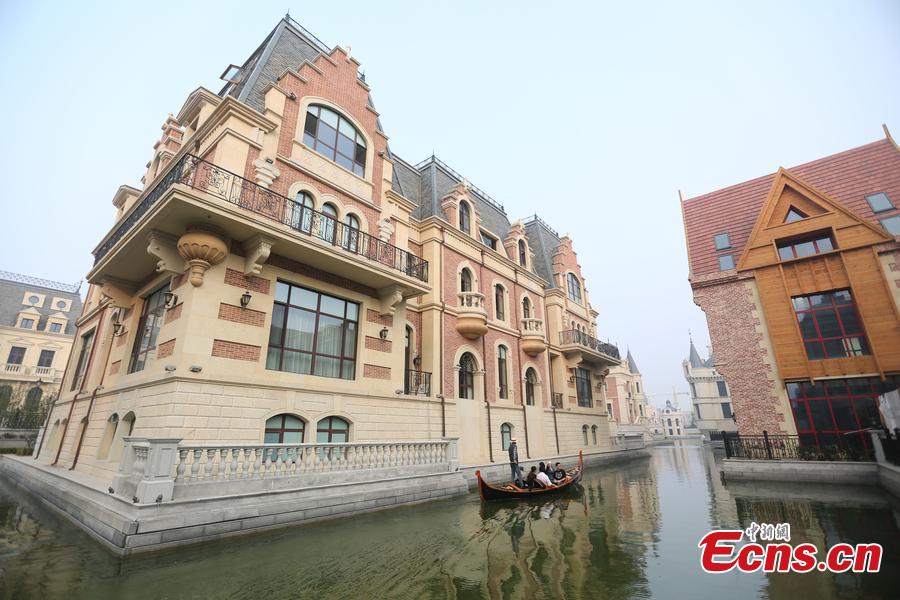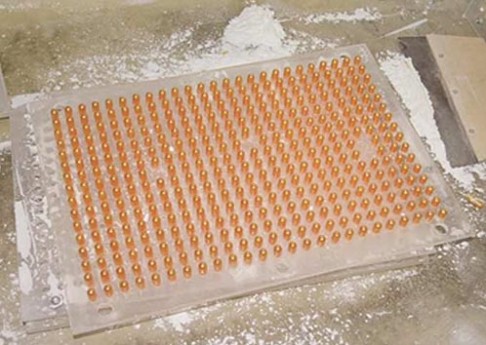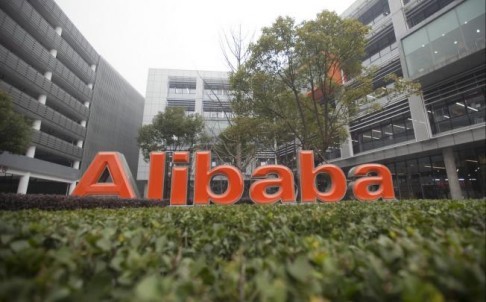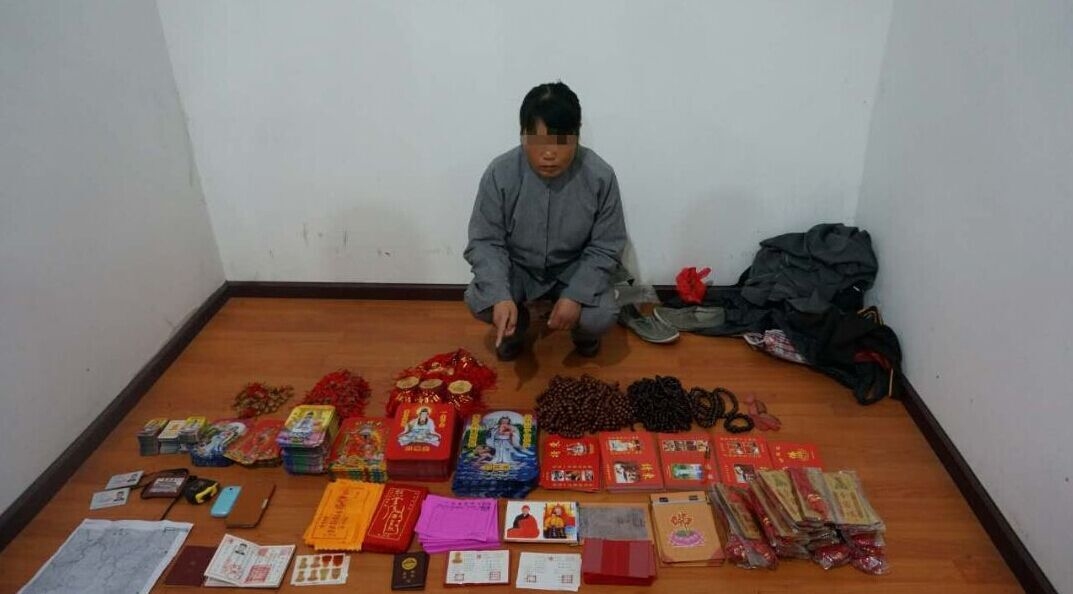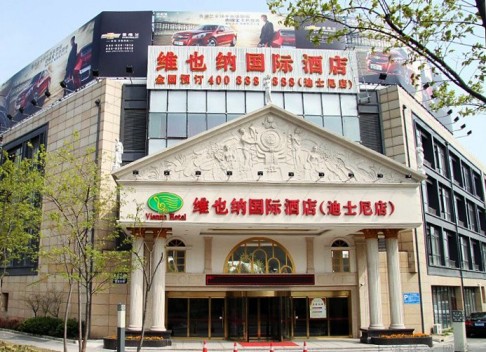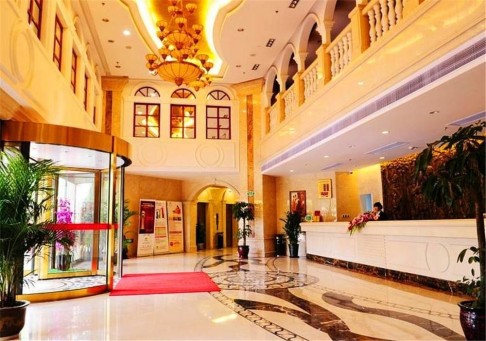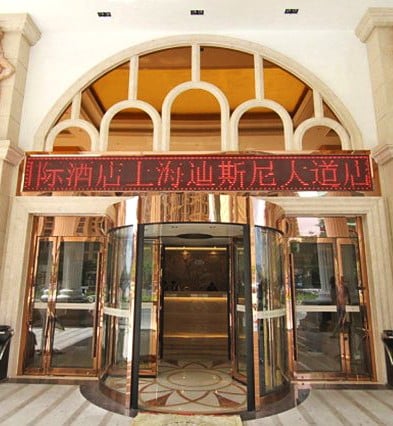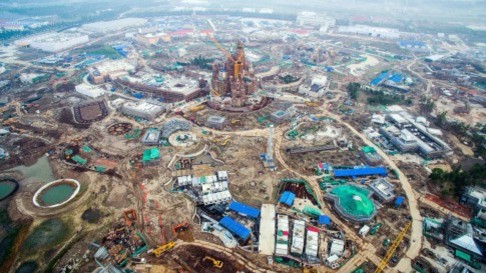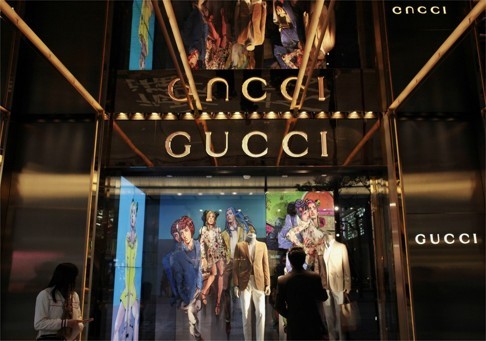Caught with fakes, woman got husband to hide rest of stash
Published Sep 29, 2015, 5:00 am SGT
Held at airport with nearly 500 fakes, woman got counterfeit goods at her shop removed
K.C. Vijayan
Senior Law Correspondent
A woman detained at the airport with fake goods bearing brand names such as Chanel, Cartier and Christian Dior messaged her husband to remove more fakes from her Bugis Village shop. She did not want these spotted by the police.
A district judge, underlining the seriousness of her offence, sentenced Li Na, a permanent resident, to two weeks' imprisonment for conspiring to obstruct the course of justice. She was separately sentenced to six months' jail over the fake goods offences.
"She had boldly done so despite the fact she was being detained at the airport after bringing in counterfeit goods from Guangzhou, China," said District Judge Salina Ishak in her decision grounds released last week.
Li, 40, a China national, was detained on April 29 last year at Changi Airport Terminal 2 at about 7.30am after Customs officials suspected the goods were fakes.
An assortment of almost 500 items were seized, including rings, bangles, wallets, bracelets and earrings with brand names ranging from Hermes to Yves Saint Laurent, among others.
On being alerted by Li, her 53-year-old Singaporean husband, together with a sales assistant, removed "a substantial portion" of goods including Gucci and BVLGARI fakes from her shop. Police later found them in his car boot.
Li pleaded guilty to 13 charges under the Trade Marks and Copyright Act and 26 other charges were taken into consideration in relation to the fakes seized. She had been convicted and fined $12,050 in 2008 for selling fake goods at a shop in Bugis Village and she claimed then to have stopped dealing in fakes.
But three years later, she moved to a new unit there and in 2014 imported counterfeit goods.
The judge noted she was discreet in selling the fake goods, offering them only to regular customers. The counterfeit items were hidden in a black box to avoid detection.
Li's lawyer Nirmal Singh urged the court to fine her or, at most, jail her for two months, pointing out she was the sole operator of the business, had closed the unit to show remorse and that the 861 items listed in the charges were not "big ticket" items.
He added that the mother of three children had, since 2013, collected food from markets, food centres and wholesale centres for distribution to charity homes.
Deputy Public Prosecutor Jonathan Ng sought a jail term, pointing out Li was a repeat offender and had "not learnt her lesson". He noted the infringing goods involved luxury brands and the 861 items, "although not a large number, is not a small number either".
The judge held that the items were "not insubstantial" and sentenced Li to six months' jail for the fake goods offences. The court ordered two of the various jail terms, ranging from a week to four months meted out for each of the fake goods charges, to run consecutively. The remaining terms were to run concurrently. Li is appealing against the total jail term of six months and two weeks.
